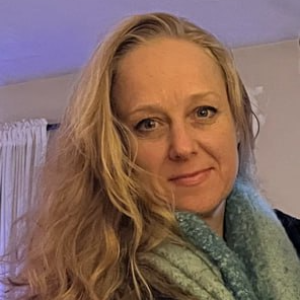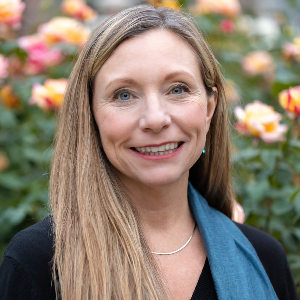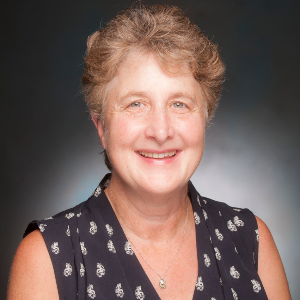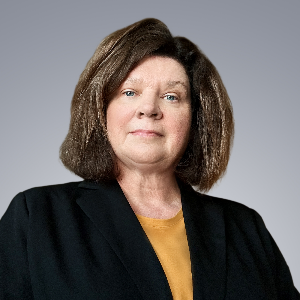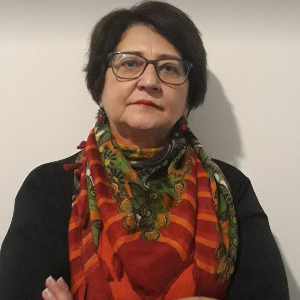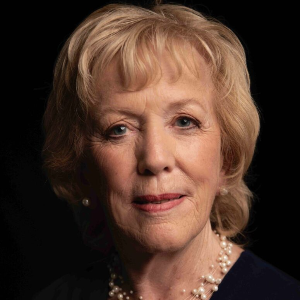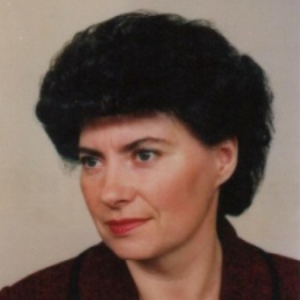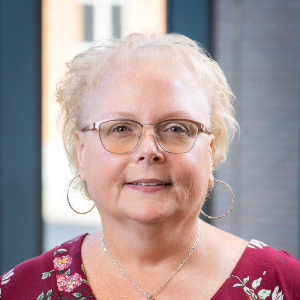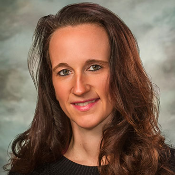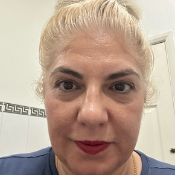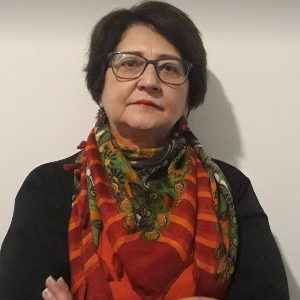This year's conference is intended to bring together leading academics and nurses from all specialties to explore what drives our passion in our field of study. The Nursing Care Conference is for all nurses: Those who are investigating their career options at the beginning of their career or calling, those who are longing for change, and those who are heavily invested in their field of study and are mentors to others.
It will also provide a platform for interdisciplinary researchers, practitioners, and educators to present and discuss the most recent innovations, trends, and concerns in their research efforts. Finally, Congress will afford participants the time to disclose the practical challenges they encountered and the solutions they discovered in their field investigations in Nursing Care.
NCC-2025 theme is Health Promotion and Prevention
Scope of Nursing Care-2025: The congress would involve eminent clinicians, scientists, and students of Nursing Care. Consequently, it will provide the necessary platform to transfer and exchange relevant knowledge in the Nursing Care field. The speakers and delegates come from academia, industries, and private and government laboratories across the world.










